The Future of Marketing: 10 Game-Changing Predictions for 2025.
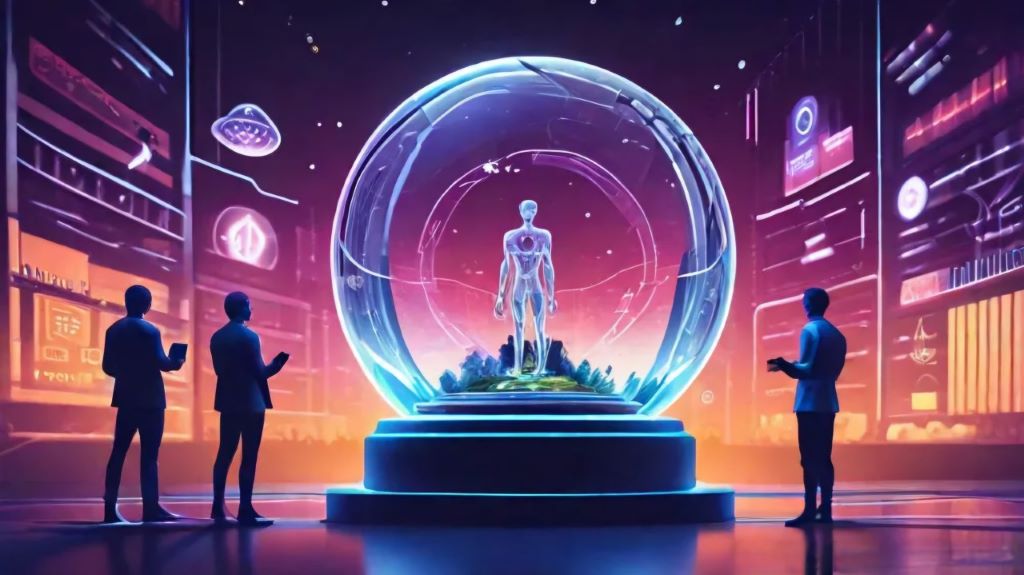
As we approach 2025, the marketing landscape is set to undergo transformative changes. From AI advancements to an increased focus on thought leadership and personalization, businesses must adapt to stay ahead. Here are the top 10 predictions for how marketing will evolve in 2025:
1. AI-Driven Content Creation Becomes Standard
AI is no longer a novelty; in 2025, it will become a core component of content marketing strategies. Tools like ChatGPT and Jasper AI are already revolutionizing the creative process. By 2025, 90% of marketing leaders will use AI for content generation, according to a Gartner report. These tools will allow marketers to produce personalized content at scale, saving time and resources while improving engagement. Brands leveraging AI-generated content in 2024 saw a 25% increase in productivity, a trend likely to grow.
2. Hyper-Personalization Through AI
Consumers expect personalized experiences, and AI will make hyper-personalization the norm. A Salesforce study found that 73% of customers prefer brands that understand their unique needs. In 2025, AI will analyze vast amounts of behavioral data to deliver real-time personalized content, fostering deeper connections and boosting brand loyalty. Companies using AI for personalization reported a 10-20% increase in sales in 2024, highlighting its growing impact.
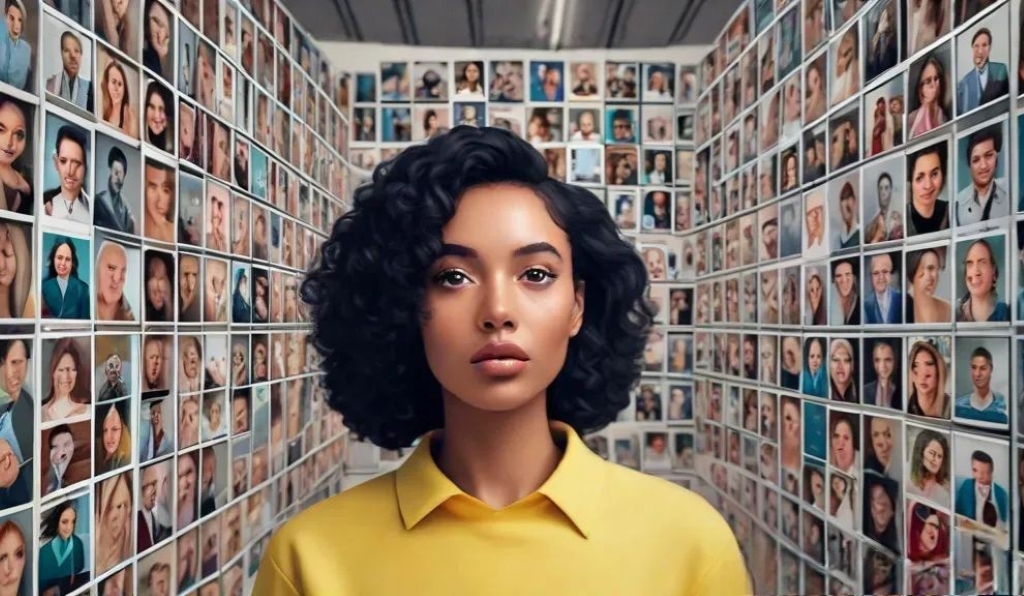
3. Rise of Micro-Influencers and User-Generated Content
Micro-influencers with niche audiences will dominate influencer marketing. According to Influencer Marketing Hub, campaigns involving micro-influencers achieved 60% higher engagement rates than those with macro-influencers in 2024. Additionally, user-generated content (UGC) will become central to marketing strategies, as 88% of consumers trust peer recommendations over traditional advertising (Nielsen). Expect brands to encourage more customer reviews, testimonials, and creative UGC campaigns in 2025.
4. Evolution of Search Behavior
Search habits are shifting rapidly. Younger audiences are increasingly using platforms like TikTok and YouTube for discovery, with 40% of Gen Z now using TikTok as a search engine (Google). In 2025, brands must optimize content for these platforms, focusing on short-form videos and visually engaging formats. Additionally, AI-driven search tools like ChatGPT and Gemini will redefine SEO strategies, emphasizing conversational and contextual optimization.
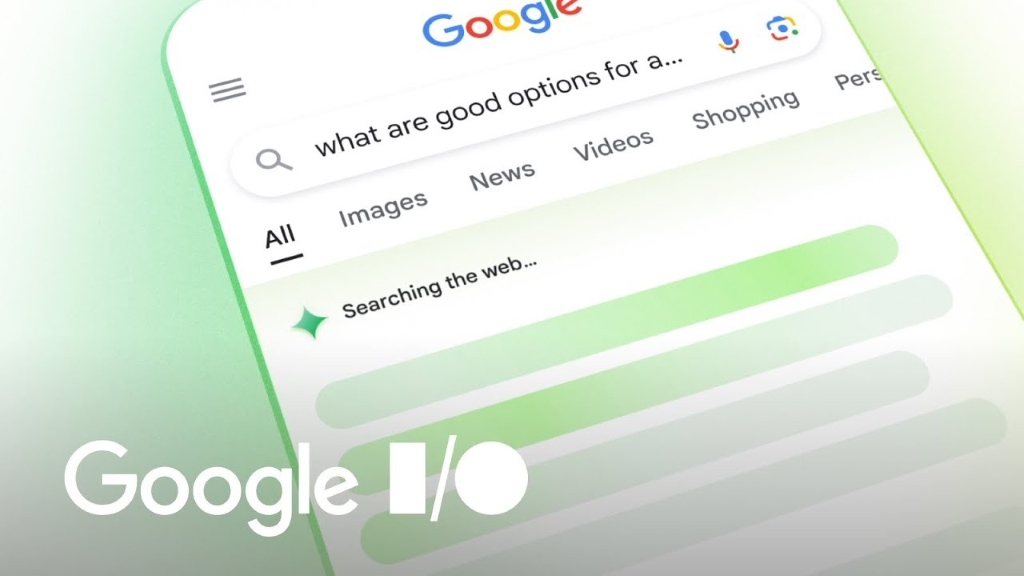
5. Integration of AI Agents in Marketing Operations
AI agents will act as "Chief Simplifier Officers," streamlining marketing workflows. These agents will manage data, automate customer interactions, and optimize campaign performance. A McKinsey study revealed that businesses using AI-powered operations reduced operational costs by 25% while improving efficiency. In 2025, expect widespread adoption of AI tools that handle everything from scheduling social media posts to creating dynamic ad copy.
6. Ethical AI and Data Practices
With growing concerns over AI ethics and data privacy, transparency will become a competitive advantage. A Cisco study found that 86% of consumers care about data privacy, and brands that fail to prioritize this risk losing trust. In 2025, businesses will implement ethical AI guidelines and comply with evolving data regulations, ensuring their practices align with consumer expectations. Responsible AI use will not only maintain trust but also attract socially conscious customers.
7. Shoppable Video Content Gains Traction
The intersection of content and commerce will accelerate, with shoppable videos gaining momentum. In 2024, video commerce generated $55 billion globally (eMarketer), and this figure is expected to grow exponentially. Platforms like TikTok, Instagram, and YouTube will make it easier for viewers to purchase products directly from videos. Brands leveraging shoppable video content in 2025 will create seamless buying experiences, boosting conversion rates and shortening the sales funnel.
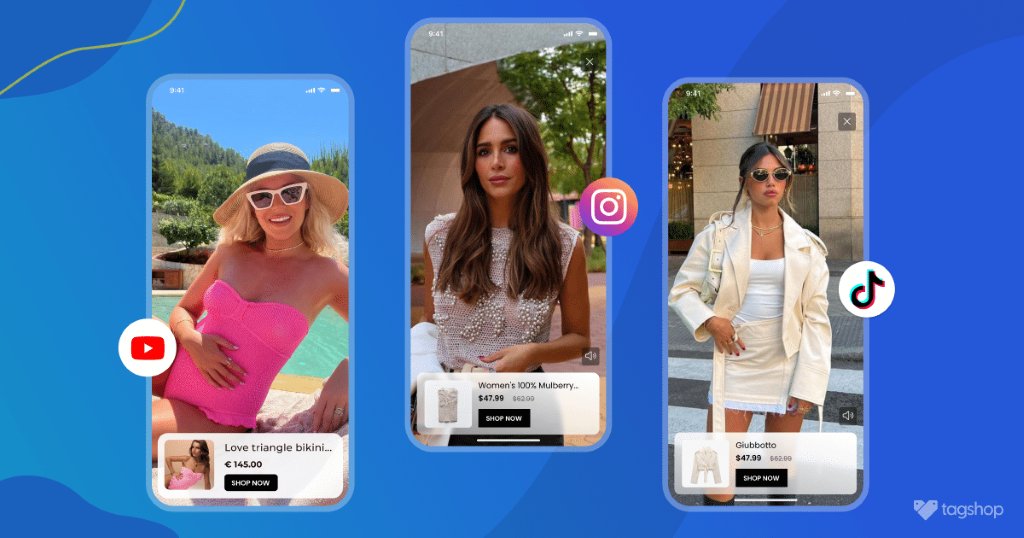
8. Marketing Mix Modeling (MMM) Resurgence
Fragmented media channels are challenging traditional attribution models. Marketing Mix Modeling (MMM) is making a comeback, enhanced by AI capabilities. According to Forrester, businesses using modern MMMs in 2024 achieved 15% higher ROI on cross-channel campaigns. By 2025, MMM will provide marketers with granular insights, helping them allocate budgets effectively across diverse platforms.
9. Emphasis on Authentic Thought Leadership
Thought leadership content will be critical in cutting through the noise of oversaturated markets. An Edelman study found that 54% of decision-makers consider thought leadership when choosing a vendor. In 2025, brands will focus more on delivering genuine value through whitepapers, podcasts, and expert-driven webinars. This approach will not only build authority but also foster trust and long-term relationships. My book "The Thought Leader Way" can act as a good guide for organisations planning to drive their business with thought leadership in an altered world.
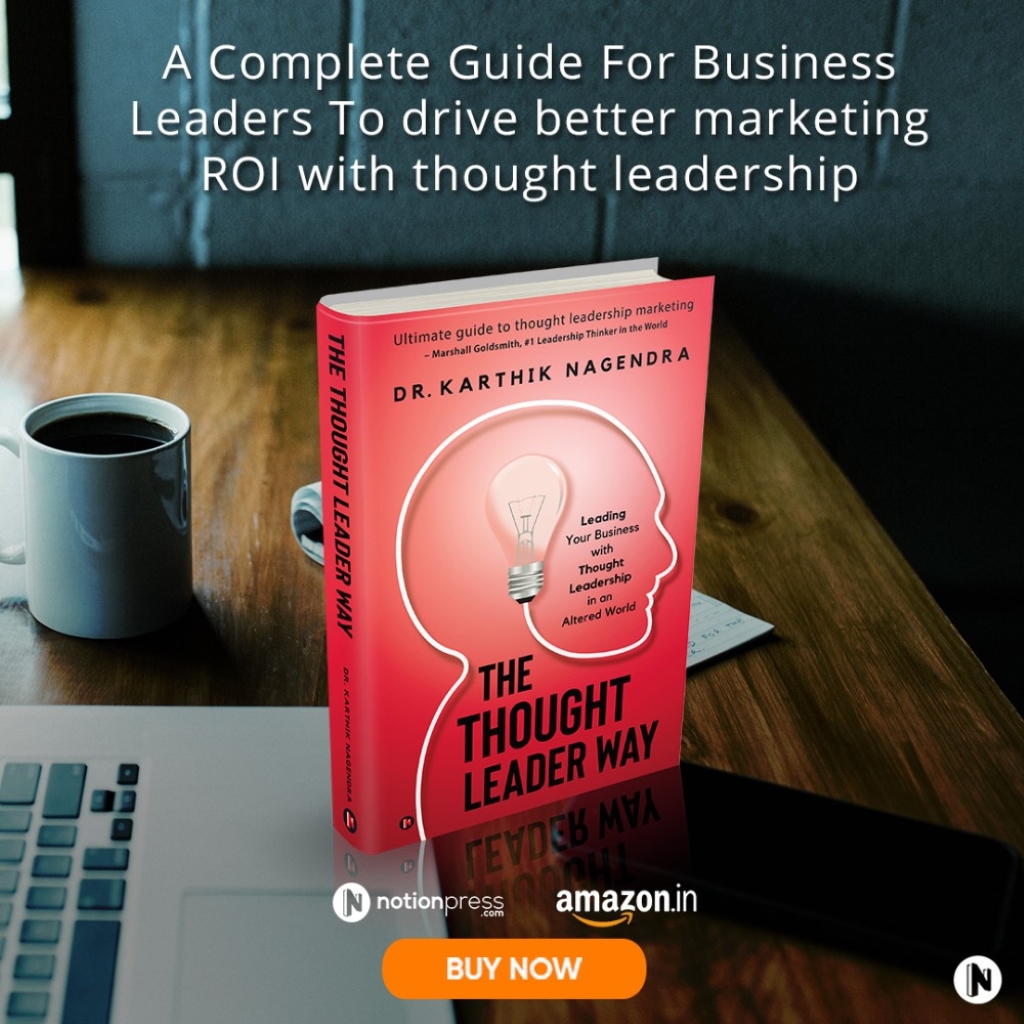
10. AI-Enhanced Customer Service
AI-powered customer service tools will become more sophisticated in 2025, enhancing customer experiences. According to Juniper Research, chatbot-driven interactions saved companies $11 billion in 2024. Advanced chatbots and virtual assistants will provide instant, personalized support, improving customer satisfaction while freeing human agents for complex issues. Businesses adopting AI in customer service are projected to see a 30% increase in customer retention rates.
Conclusion
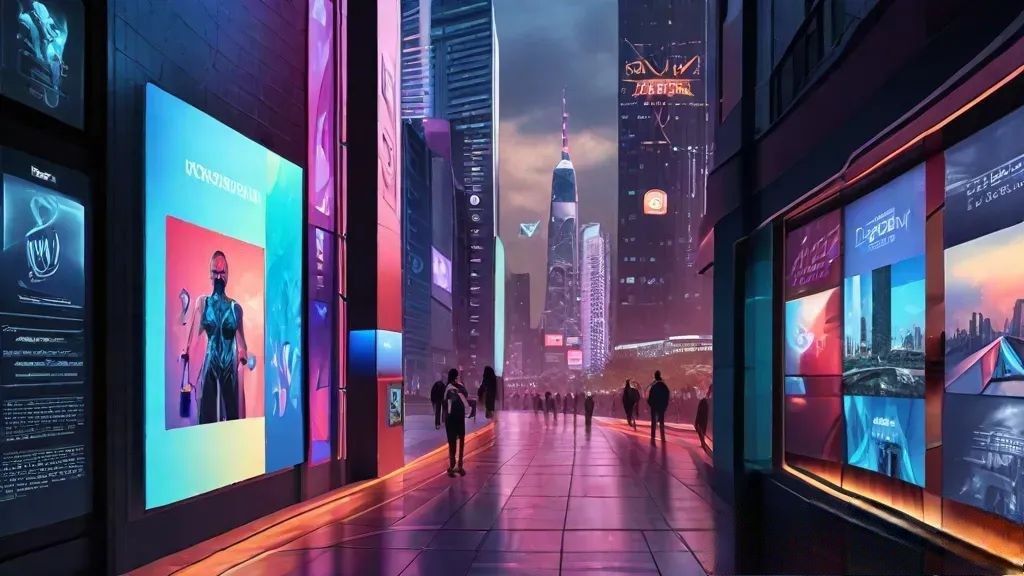
The marketing landscape in 2025 will be shaped by AI, personalization, and authenticity. Brands that embrace these trends and invest in cutting-edge technologies will gain a competitive edge in this dynamic environment.
- What do a well-balanced diet and a well-balanced content strategy have in common?
- Stories are the future of digital marketing
- Organic Content Marketing – A powerful tool to reckon with
- Content is King, but distribution rules the land. Are you invested in it?
- Three Content Marketing Predictions For 2018
- 3 Ways Chatbots Are Revolutionizing Customer Experience In Content Marketing
- 3 ways to balance promotional content with useful information to win the content game
- Organic Content Marketing – A powerful tool to reckon with
- What do a well-balanced diet and a well-balanced content strategy have in common?
- Mirror on the wall who is the real thought leader among all
- Do you have your CEO’s vote for your thought leadership campaign yet
- Pretty pictures and messages not enought to creat a brand anymore
- 5 reasons why you need Thought Leadership
- 3 reasons why organisations should drive reputation management through thought leadership
- Create Result-oriented Content Now
- Tips to Keep the Content Strategy for the Technology Industry Audience
- 5 ways Corporate Blogging helps you stay ahead!